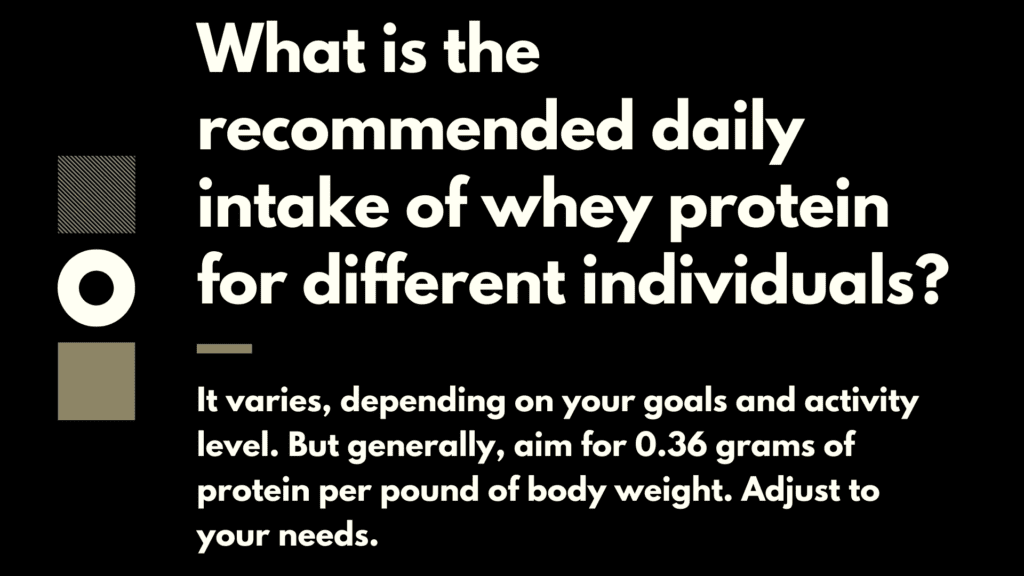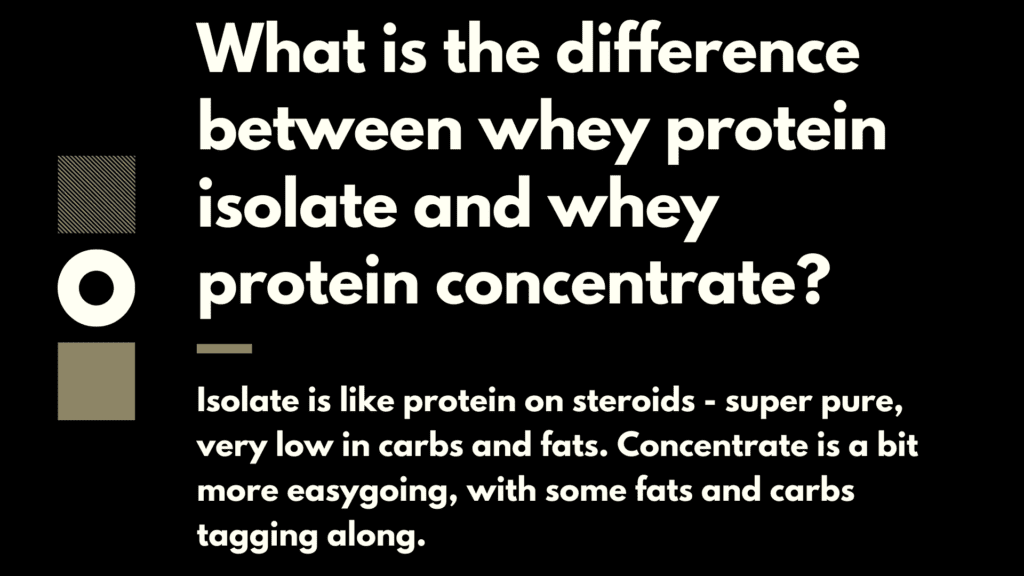Whey Protein: Learn What it is, uses, and effects
Whey protein is a popular supplement that can provide many benefits for your health and fitness. Here is a helpful answer to the query: what is whey protein?
Whey protein is a mixture of proteins that are extracted from whey, the liquid part of milk that separates during cheese production. Whey protein contains all nine essential amino acids, which are the building blocks of proteins in your body. Whey protein also has a high biological value, which means it is easily digested and absorbed by your muscles.
Some of the benefits of whey protein include:
- Increasing muscle mass and strength: Whey protein can stimulate muscle protein synthesis, which is the process of creating new muscle fibers. Whey protein can also prevent muscle breakdown, which can occur during intense exercise or fasting. Whey protein can help you gain more muscle and strength, especially when combined with resistance training1.
- Enhancing weight loss and fat burning: Whey protein can boost your metabolism, which is the rate at which you burn calories. Whey protein can also suppress your appetite, which can help you eat less and lose weight. Whey protein can also preserve your lean body mass, which is the amount of muscle and bone you have. This can prevent your metabolism from slowing down and help you burn more fat1.
- Improving immune system and overall health: Whey protein can support your immune system by providing antibodies, which are proteins that fight off infections. Whey protein can also modulate inflammation, which is the body’s response to injury or stress. Whey protein can also lower your blood pressure, cholesterol, and blood sugar levels, which can reduce your risk of heart disease, diabetes, and other chronic diseases12.
There are different types of whey protein, such as concentrate, isolate, and hydrolysate. They differ in their processing methods, protein content, lactose content, and taste. You can choose the type of whey protein that suits your preferences and goals.
The recommended dosage of whey protein varies depending on your body weight, activity level, and health status. A general guideline is to consume 0.8 to 1.2 grams of protein per kilogram of body weight per day. You can divide this amount into several servings throughout the day, preferably before or after your workouts.
Whey protein is generally safe and well-tolerated by most people. However, some people may experience side effects such as bloating, gas, diarrhea, nausea, or allergic reactions. These side effects are usually mild and temporary and can be avoided by adjusting the dosage or switching to a different type of whey protein. If you have any medical conditions or allergies, you should consult your doctor before taking whey protein.
Whey protein is a convenient and effective way to increase your protein intake and improve your health and fitness. You can add whey protein to your shakes, smoothies, oatmeal, yogurt, or baked goods for a delicious and nutritious boost.




















